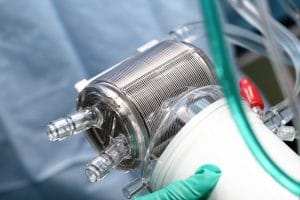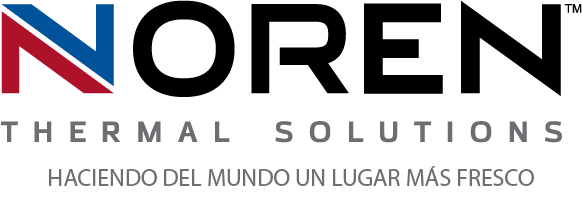 Like most technologies, the result of advanced medical devices is that they’ve grown smaller as they grow more powerful. Advanced technology has also become a significant part of healthcare and treatment for most patients today, making it increasingly more important to overall public health. The difference between medical devices and other technologies, however, is that thermal management in the medical field has many different applications. Below, we take a look at the importance of maintaining efficient and reliable thermal management for medical devices, and how heat exchangers help these devices continue operating at optimal efficiency.
Like most technologies, the result of advanced medical devices is that they’ve grown smaller as they grow more powerful. Advanced technology has also become a significant part of healthcare and treatment for most patients today, making it increasingly more important to overall public health. The difference between medical devices and other technologies, however, is that thermal management in the medical field has many different applications. Below, we take a look at the importance of maintaining efficient and reliable thermal management for medical devices, and how heat exchangers help these devices continue operating at optimal efficiency.
Meeting Medical Technology’s Demands
Electrical thermal management is vital to medical devices because their operational capabilities can suffer greatly from exposure to waste heat. For instance, diagnostic medical imaging equipment often combines several different types of technology, such as MRIs, digital radiography, CAT scans, and more. These devices are critical for accurate, precise diagnoses; if they’re compromised due to inadequate thermal management, then results may also be compromised. The same is true for equipment used during certain procedures, including surgical lasers.
Advanced Thermal Management for Medical Devices
The reason why many of these devices rely on heat exchangers is because they offer consistent, eco-friendly, and easily-miniaturized solutions to fit medical technology of all types. In addition to helping healthcare groups provide better results for patients, relying on heat exchangers also help save money by decreasing energy requirements, reducing maintenance needs, and improving the productivity and shelf-life of most devices.
To learn more, call Noren Thermal, Inc. in Taylor, TX, today at 866-936-6736.







